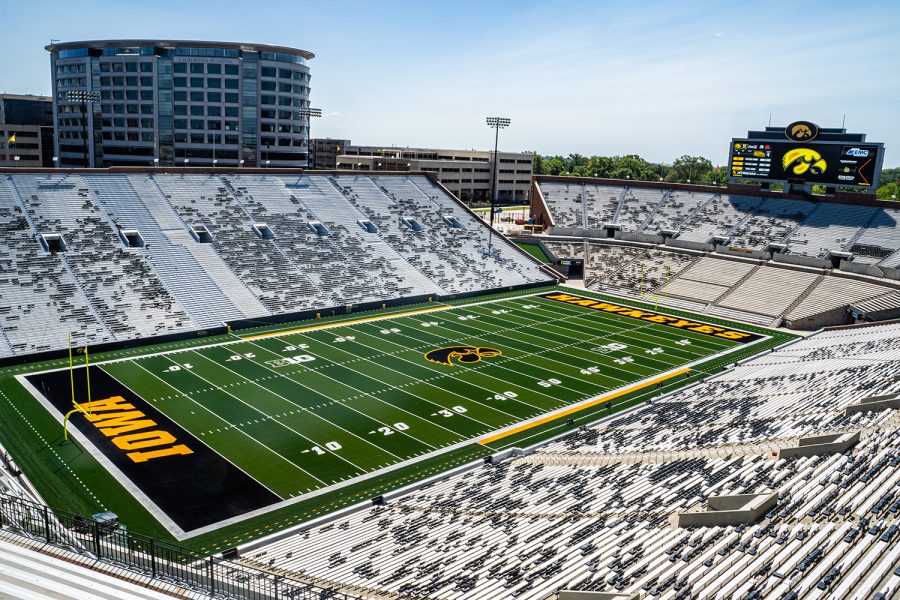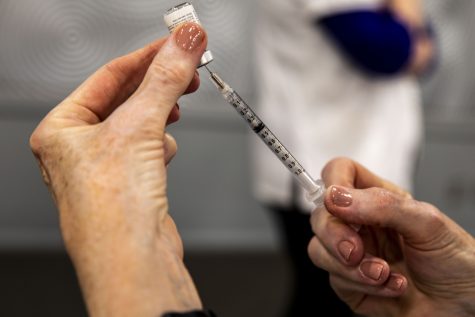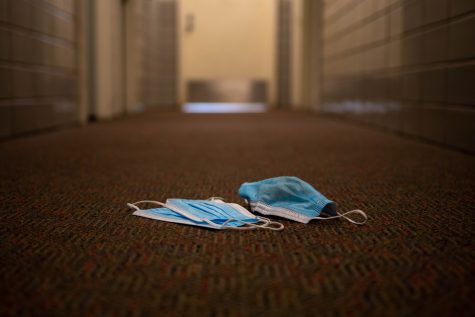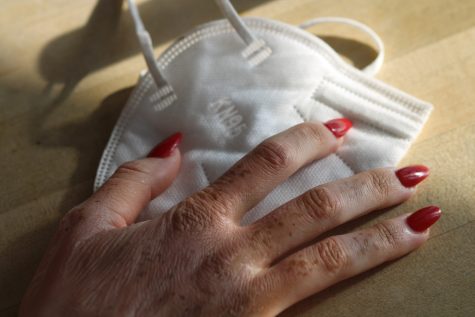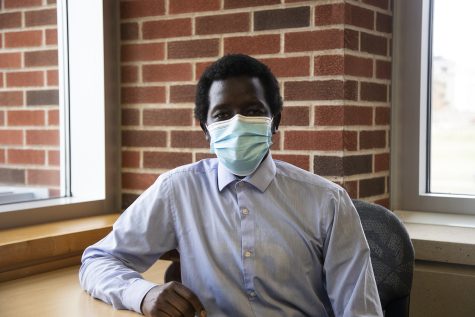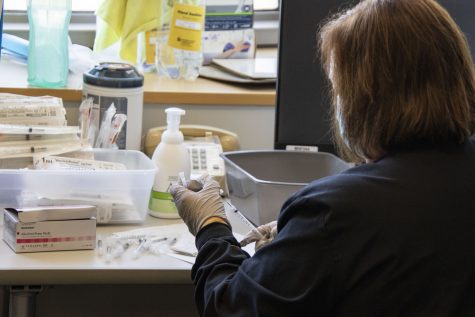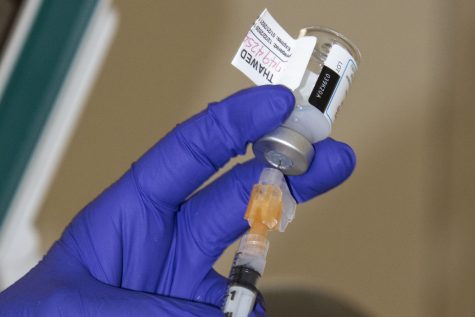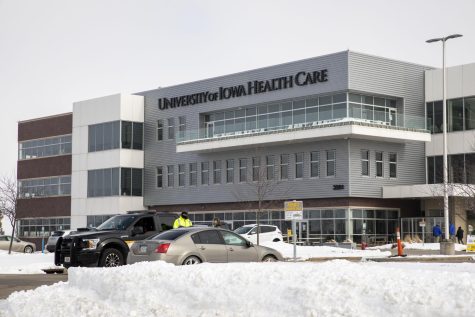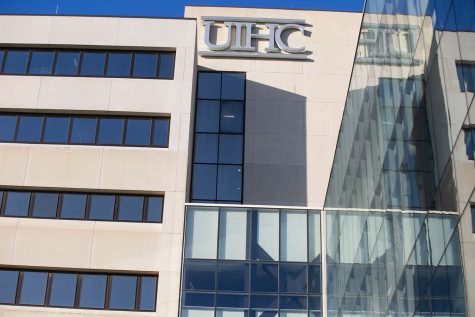Iowa Athletics Department reports four additional positive COVID-19 tests
A total of 25 positive tests and 418 negative tests have been received since testing began May 29.
Kinnick Stadium is seen fom the north end zone at Iowa Football Media Day on Friday, August 9, 2019.
July 13, 2020
The Iowa Athletics Department announced Monday that it conducted 30 COVID-19 tests for the week of July 6-12 and received four positive tests and 26 negative tests.
As part of Iowa’s return to campus protocol, testing began May 29 and includes student-athletes, coaches, and staff. A total of 25 positive tests and 418 negative tests have been received.
According to a release, following the positive test result, protocol established by UI Athletics and medical staff, including contact tracing procedures, is being followed to ensure the safety of all UI Athletics student-athletes and staff. This mandatory protocol also includes isolation for the individuals who test positive, and quarantine for those individuals who might have been exposed to someone with the virus.
Iowa athletics reported its first positive COVID-19 test June 8, when it released it had received one positive and 236 negative tests. The department provided an update June 15 that an additional two positive tests and 107 negative tests had been received.
On June 22, the department announced nine more positive tests and 31 more negative tests, and on June 29 five positive tests and 17 negative tests. On July 6, Iowa reported four positive tests out of five tests conducted.
The Iowa football team started voluntary workouts June 8, followed by the men’s and women’s basketball teams on June 15.
On July 9, the Big Ten announced that, due to concerns surrounding the COVID-19 pandemic, it will be moving to a conference-only schedule for fall sports in 2020.
By limiting competition to only other Big Ten schools, the conference said in a statement that it will have the “greatest flexibility to adjust its own operations throughout the season and make quick decisions in real-time based on the most current evolving medical advice and the fluid nature of the pandemic.”



